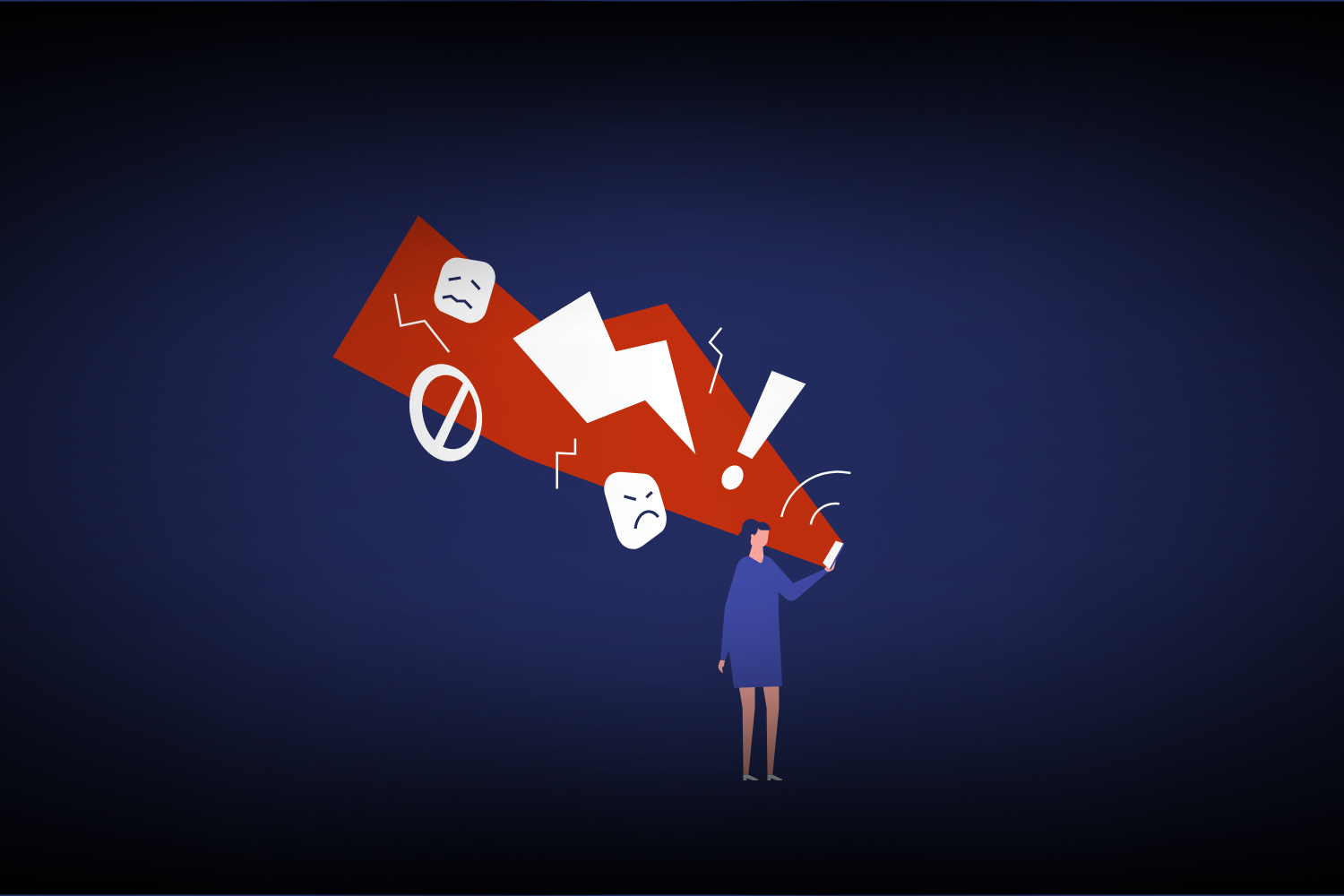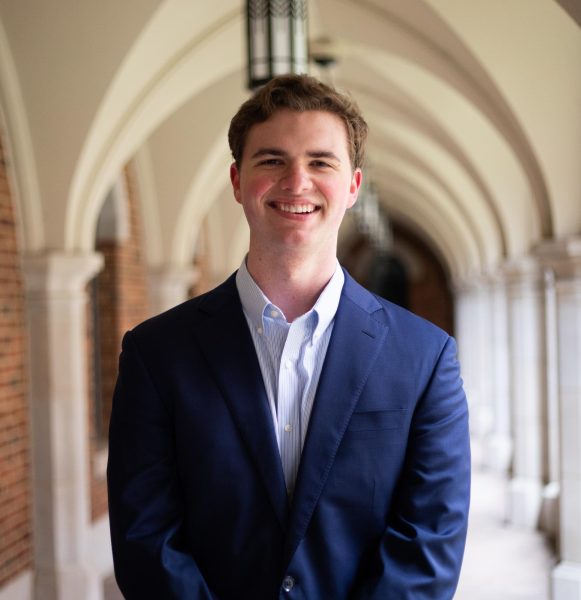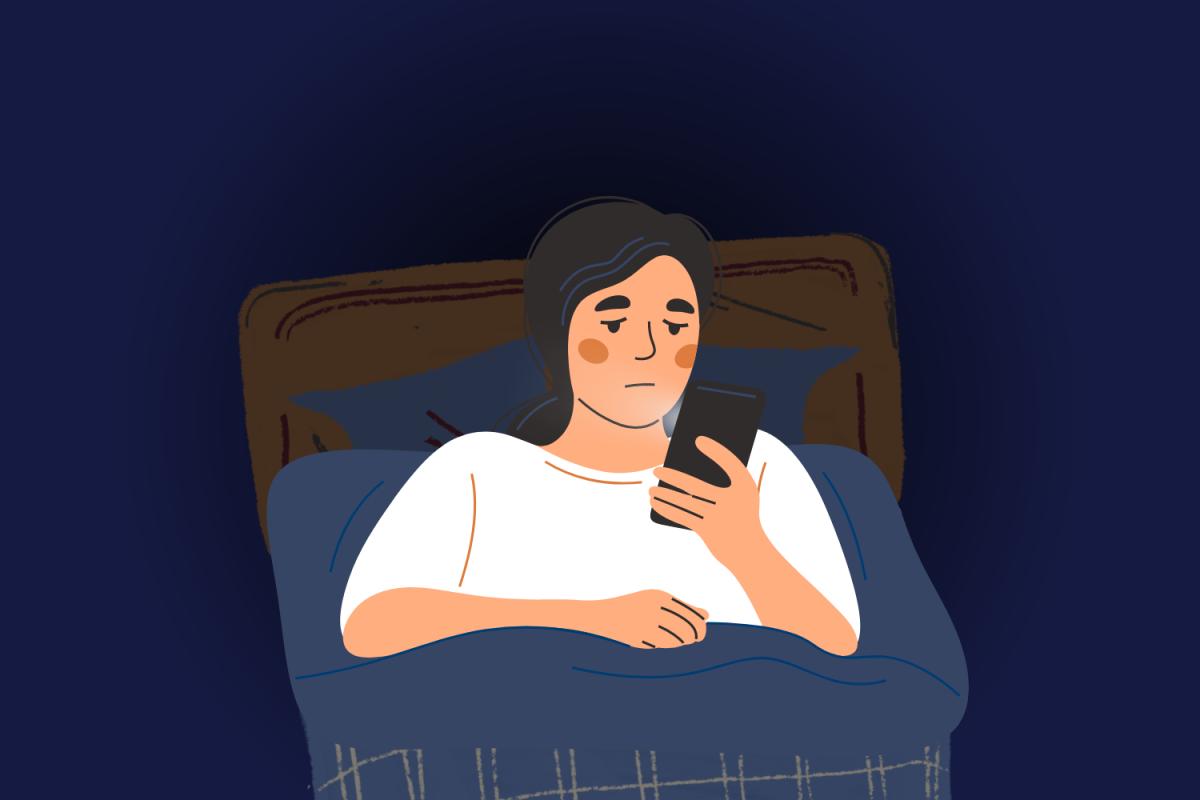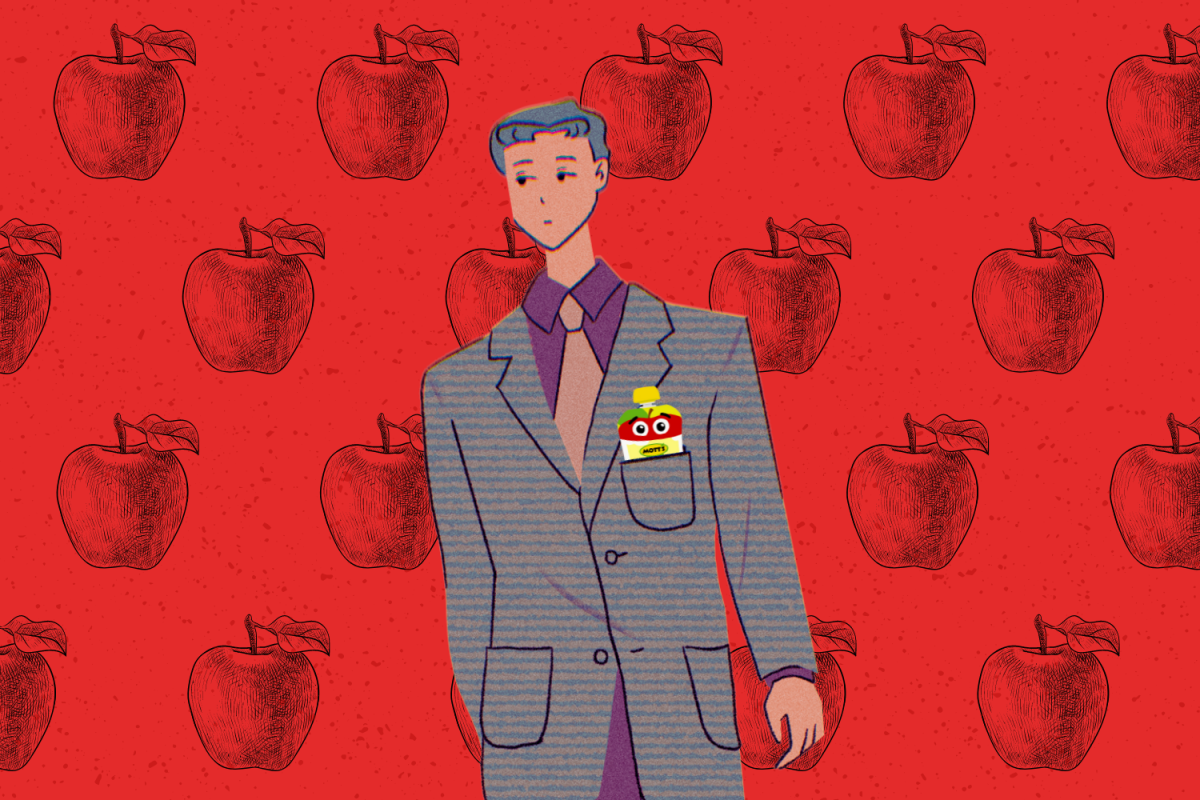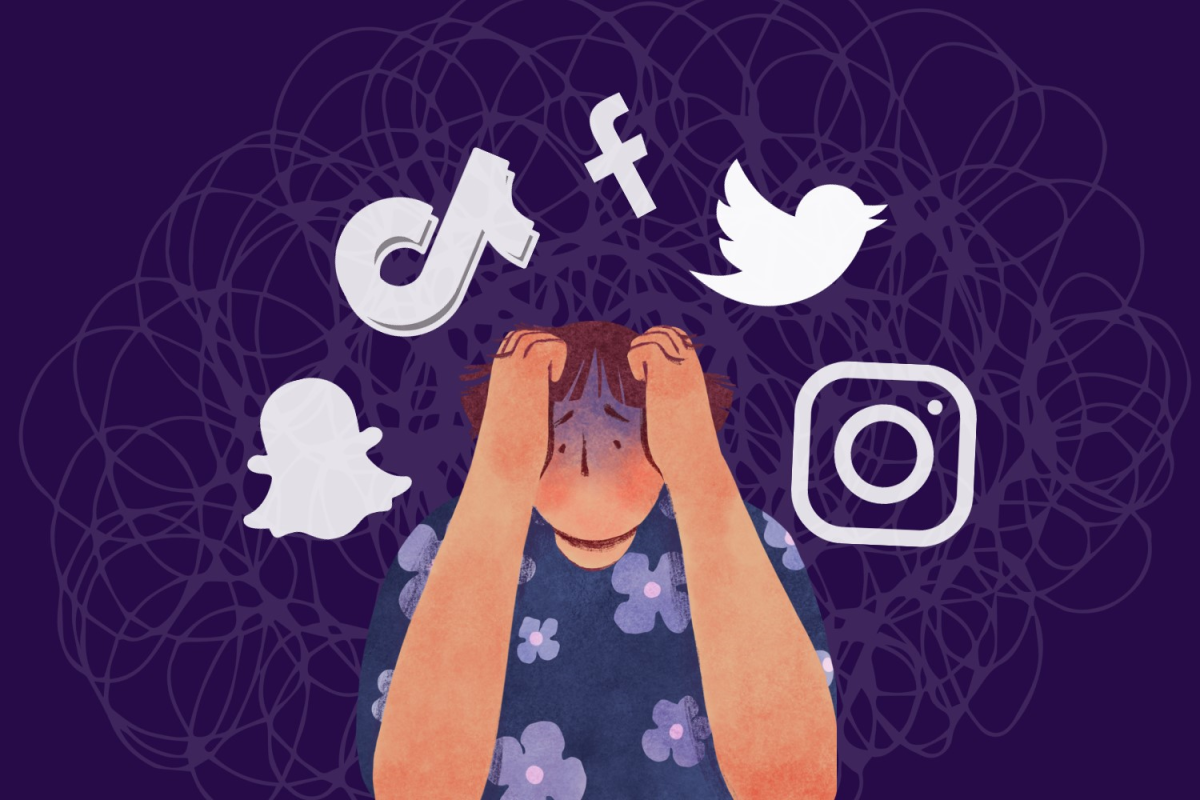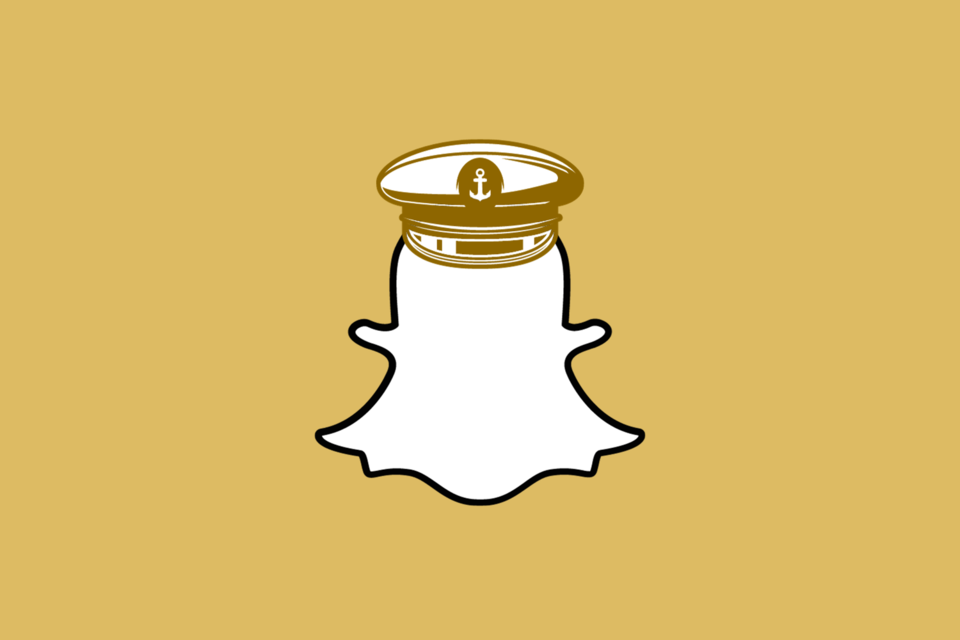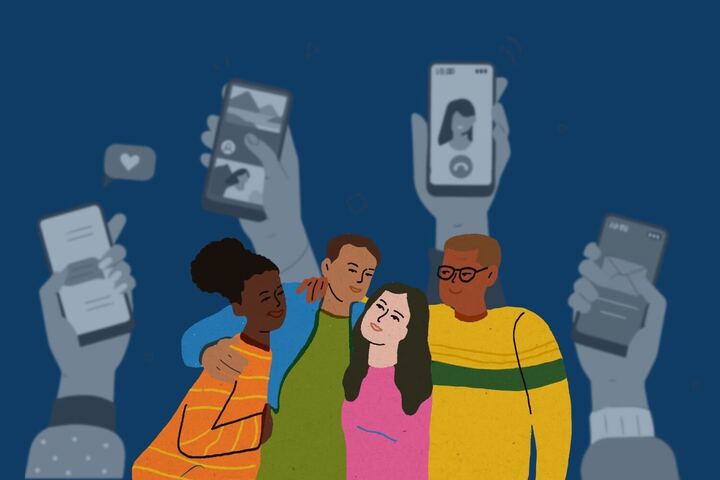Children used to play in neighborhood streets, engage in pickup games of various sports or perform activities involving physical exercise and social development. Now, those sounds have been replaced with silence and various apps have replaced that void. Technology shifts relationships among youths to the edge of fragility. The illusion of virtual connectedness masks a darker reality: the erosion of face-to-face relationships crucial for maintaining the mental health of adolescents.
Over the course of approximately 15 years, youth suicide rates rose 62% from 2007 to 2021. In more recent news, the Surgeon General demanded Congress add a warning label on social media apps, signifying their disastrous impact on mental health for teens. Warning labels are reserved for some of the most harmful products in society, like cigarettes, which have been regulated for decades. The pervasive influence of social media and the effects of its usage are a public health crisis.
Suicide, depression and anxiety rates have sharply increased internationally over the past decade. Various studies show a correlation between the toxic behavior present on social media and mental instability. Facebook conducted internal studies and found that Instagram, which it owns, negatively affected the body image of one in three girls. Although social media masquerades as the ultimate tool for connectivity and fostering friendships, this comes with a severe cost.
Social media has a destructive effect on the health of its users. Social media produces the same dopamine release triggered by smoking or drugs and is just as addictive. Alcohol, drugs and gambling are all regulated by the government because of their addictive nature, but no such restriction exists pertaining to social media. Social media usage causes a mental health issue by promoting addictive tendencies to a virtual world, which hinders social development and impedes the development of essential social skills. This social media addiction also attacks consumers at a much earlier age.
Social media companies consistently downplay the negative effects of their app before government officials and higher authorities. Social media companies rely on targeted advertising, emphasizing just how popular their product is, but they present these ads to impressionable users. Whether teens are consuming nicotine, alcohol or social media at a young age, their brains are still developing; and fostering such a dependency on dopamine rewires neural pathways and perpetuates toxic behavior.
Facebook’s evasive answers about the findings of their studies raise questions about what they are hiding from the general public. Facebook, and other companies, seem to be targeting teens with a dangerous product and preying on their insecurity. Features like notifications, likes and endless scrolling are designed to keep users engaged for as long as possible. As teenagers reach a pivotal point of development, social media has a significant influence on their mental health.
When children transition from childhood to adolescence, they shift from wanting approval of their parents to their friends. The awkward stage of puberty teaches adolescents to rely on peers going through the same experience, but meaningful relationships do not form when everyone is carrying dopamine-producing devices in their pockets. Smartphones distract individuals with notifications, social media updates and other stimuli, leading to a decreased attention span. These constant distractions prevent people from having deep conversations, which are essential for building genuine connections. And over time, the quality of interpersonal relationships will inevitably weaken as individuals prioritize virtual interactions over real-world relationships. Phones fundamentally change how humans — especially teenagers — interact with one another.
When teenagers and adults click on their Instagram feeds, they are overwhelmed with content. Posts on any social media platform present an inauthentic view of another individual’s life. The fear of social exclusion and a desire to apprise friends of activities outweighs any skepticism or mental health concerns. Millennials and members of Gen Z admit that their relationships are superficial — they do not rely on their friends in times of hardship. Instead, they reach into their pocket and scroll through TikTok or Instagram in an attempt to alleviate stress rather than relying on the emotional support others can provide. When everyone uses social media as a coping mechanism, people do not have the necessary social and emotional skills because of their time spent in a false reality. Other negative effects stem from phones.
The tendency to look perfect, share only happy moments and stay attached to phones causes eating disorders, depression and anxiety. People have argued that society is stuck in a vicious cycle of emotional immaturity driven by carefully curated fantasies, where people only share what they want others to see. The irony is these posts are filled with fake smiles, fake moments and fake lives.
Despite the negative impact on mental health, social media acts as a powerful tool for connection and expanding social networks. Apps maintain relationships with friends and family around the globe. Social media can aid in creating a sense of community and belonging. Additionally, social media provides resources for raising awareness about critical social issues and generating support for causes. Also, for introverted individuals who find face-to-face interactions daunting, online interactions provide a chance to build confidence and communication skills.
The main issue with any positive benefit of social media is that founders and executives of these companies prioritize profit over safety, even when they know about the harm it causes. According to the New York Times, whistleblower Frances Haugen provided internal studies Facebook conducted to the Wall Street Journal demonstrating social media’s disastrous effects on mental health. These studies were kept hidden from the public to protect Facebook’s interests. Even though social media can provide venues for crucial social issues, it can also be used as a hotbed for misinformation, conspiracy theories and division within society. Social media’s benefits pale in comparison to the greed of profit-driven companies that prioritize revenue over societal well-being.
Society uses phones as a means of communication, but acknowledging their harm is not a particularly popular topic in public discourse — and the truth of the matter is phones erode normal everyday interactions. Over time, when people ask each other about a difficult problem on a homework assignment or praise how amazing their professor is, friendships form. However, instead of talking to each other before class or a meeting starts, people will silently scroll through their phones. Friendships are like flowers, but phones kill them before they can bloom.
Phone and social media usage is an addiction. In time, it will destroy relationships and make lives worse. They lead to mental health issues, a decline in direct in-person interactions and shorter attention spans. Even worse, society lacks the self-discipline to stop these problems. Members of Gen Z suffer from a crippling lack of self-esteem and do not have coping mechanisms to deal with stress; we are the guinea pigs of the digital age. We will not know the truly devastating effects of technology for decades. Every individual on Facebook, Instagram and other social media apps is an addict. So, let’s change public discourse around social media and call it what it is: an addiction and the root cause of mental health issues.




